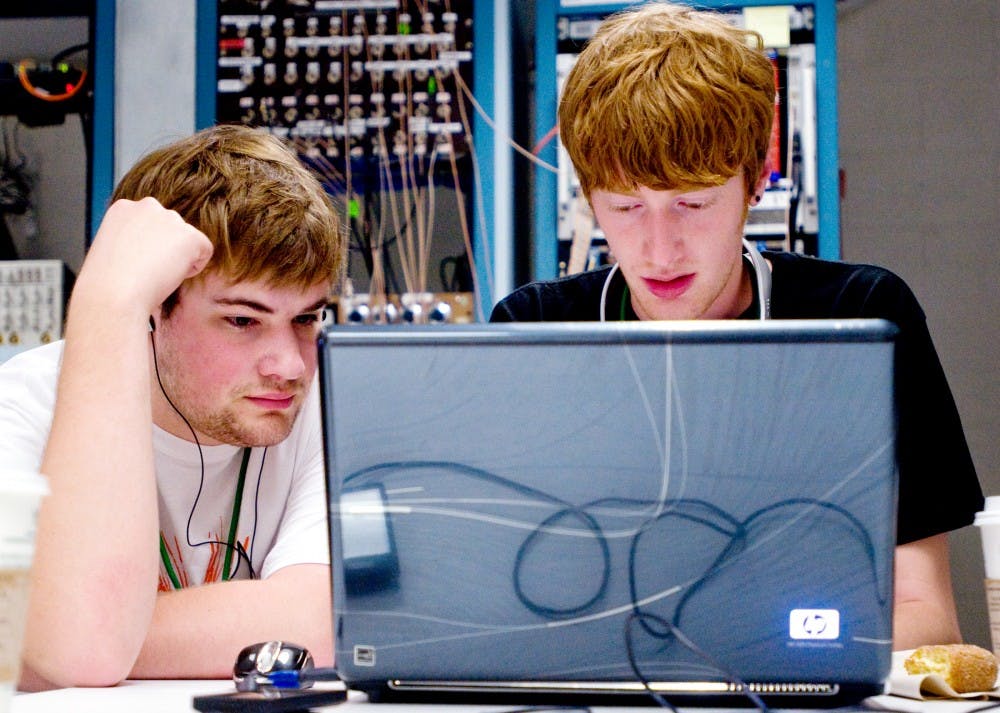MSU’s National Superconducting Cyclotron Laboratory will receive more than $4 million as part of a grant from the National Nuclear Security Administration, or NNSA, federal government officials announced last week.
The university was awarded the grant — which will go toward funding MSU’s nuclear physics program — through a nationwide consortium started by the Department of Energy’s NNSA Office of Defense Nuclear Nonproliferation.
The consortium pairs seven universities across the country based on their strength in various areas of nuclear science.
The program will focus on providing education and hands-on training for students related to the nation’s nuclear security mission, said Josh McConaha, deputy director of public affairs with the NNSA.
In total, the grant will award about $25 million to the program’s members over a five-year period. MSU will receive about $4.9 million total.
Specifically, MSU will be responsible for focusing on providing resources related to its applied nuclear physics department, McConaha said.
MSU was selected based on the strength of its top-ranked nuclear physics graduate program and its proven record for graduate student employment, McConaha said in an email.
“The people here in the lab are really among the best in the world at what they do,” said Zach Constan, the Cyclotron’s outreach coordinator. “Knowing that the U.S. wanted to have something like this, it makes perfect sense that it should be partly housed here.”
Constan said MSU educates about 10 percent of the nation’s nuclear physics graduate students, something which makes the school a logical choice.
“We’re educating the next generation of nuclear scientists,” Constan said. “When I see the success pipeline (at MSU), that’s amazing. We should absolutely be a part of that collaboration.”
Michael Thoennessen, the lab’s associate director for education and a professor in the Department of Physics and Astronomy, said the grant gives the school the opportunity to expand.
“It will help with graduate education,” he said. “It will allow us to offer our students a better education.”
Some students who work at the facility were excited about the prospect of additional government funding.
“I think it’s very good because one of the primary things that we can take advantage of at the (lab) other than high-quality science is educating students,” said Andrew Klose, a nuclear chemistry graduate student. “It’s definitely exciting. Anytime you’re awarded any type of grant, it opens a lot of doors.”
Support student media!
Please consider donating to The State News and help fund the future of journalism.
Discussion
Share and discuss “MSU receives grant for nuclear physics program” on social media.







